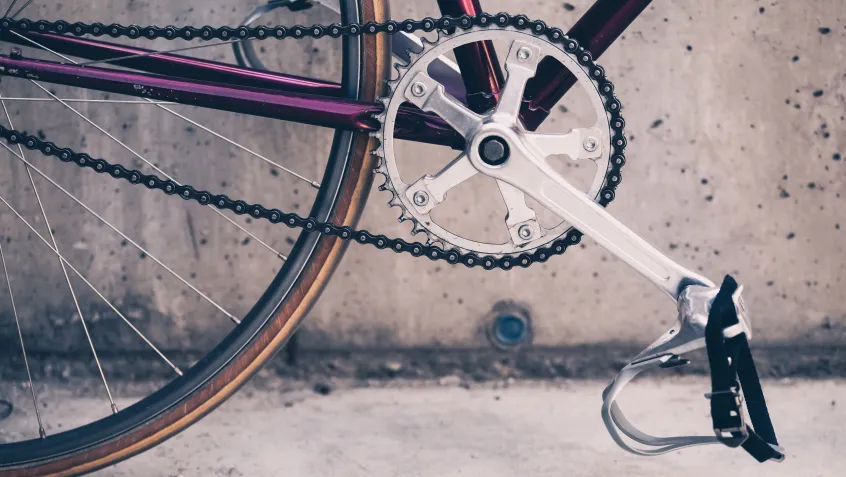Story
Two-Wheeling

May is National Bike Month. Between 2000 and 2013, bicycle commuting rates in the United States increased by 62%. Bike commuting rates in large, bicycle-friendly communities—including Austin, Boston, Chicago, Denver, San Francisco, St. Louis, Portland, and Washington, DC—increased by 105% over the same time period! Need convincing to hop on two wheels? Consider these facts:
- Cycling benefits your health. Being active outside improves mental and physical well-being. Regular physical activity can reduce the risk for many health conditions, including high blood pressure and heart disease.
- Cycling benefits the environment…and your wallet. Leaving your car behind for even one trip saves fuel and reduces air pollution. In 2015, traffic congestion in the US wasted about three billion gallons of fuel and kept drivers stuck in their vehicles for more than seven billion extra hours! The total cost of all that congestion? $160 billion or $960 per commuter.
Try cycling to work or school just one day this week. Research has shown that the length of about half of all car trips—three miles—can be covered as quickly on a bike when parking and traffic delays are taken into account. These resources will help you on your way:
- Find National Bike Month and Bike to Work Week events in your community.
- Get tips for riding safely and performing maintenance on your bike from the League of American Bicyclists.
- Check the Air Quality Index (AQI) before you head out. When the AQI hits “Code Orange,” sensitive groups, including people with asthma, lung disease or heart disease, may experience health effects from air pollution. When you need to, adjust your outdoor activities to reduce the amount of pollution you breathe in.
- No bike? Try carpooling or walking to work or school instead.
Sources:
- Centers for Disease Control. 2009. “Healthy Places: Physical Activity.” Accessed May 15, 2018. http://www.cdc.gov/healthyplaces/healthtopics/physactivity.htm
- League of American Bicyclists. 2015. "Bicycle Commuting Data." Accessed May 15, 2018. http://www.bikeleague.org/commutingdata
- League of American Bicyclists. 2015. "National Bike Month." Accessed May 15, 2018. http://www.bikeleague.org/bikemonth
- Texas A&M Urban Transportation Institute,. 2015. “Traffic Gridlock Sets New Records for Traveler Misery.” Accessed May 15, 2018. http://mobility.tamu.edu/ums/media-information/press-release/
Topics


